Looking for a fun and informative book to read on your summer adventures? Some suggested titles by UBC-affiliated authors appear below. For more leisure reading ideas, check out UBC Library’s Great Reads collection.
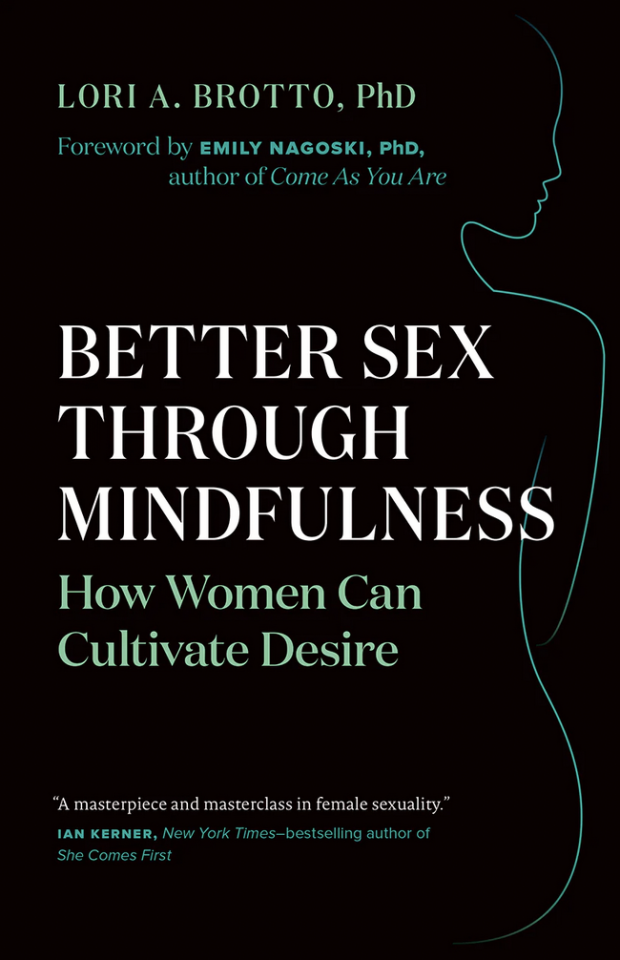
Better Sex Through Mindfulness by Lori Brotto (Professor, Obstetrics and Gynecology) gives practical advice for women to reduce the impact of stress and distraction on their erotic lives. Dr Brotto’s work has been featured in the Netflix series The Principles of Pleasure – find a clip, as well as information on her follow up Better Sex Through Mindfulness workbook, on her website.
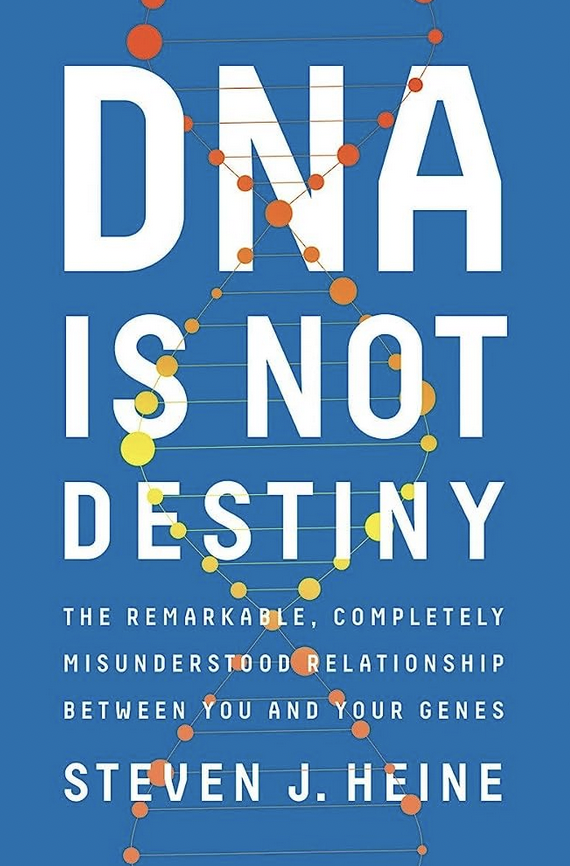
DNA is Not Destiny by Steven Heine (Professor, Psychology) explores how people understand information about genetics. Our inherent biases may cause us to oversimplify information about our genes, even leading to a fatalistic attitude. Through learning more about the complexity of genetics, readers can cultivate a more nuanced and less anxious understanding of DNA’s role in our lives.
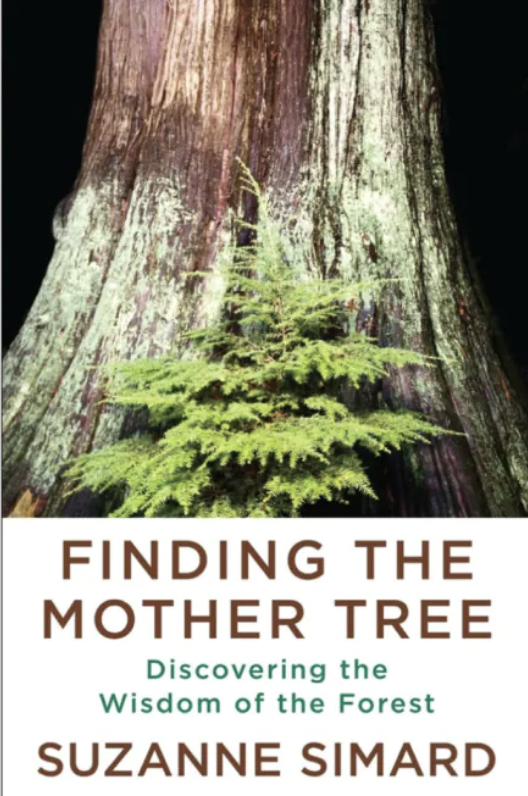
Forestry Professor Suzanne Simard’s memoir Finding the Mother Tree describes her journey to discovering the “Wood Wide Web,” the fungal networks which connect trees and foster their interdependence. Her findings were controversial at first, and she describes the challenges she faced and her eventual scholarly vindication. Dr. Simard’s work has been referenced in popular culture, such as Ted Lasso and The Overstory, and is being developed into a film starring Amy Adams.
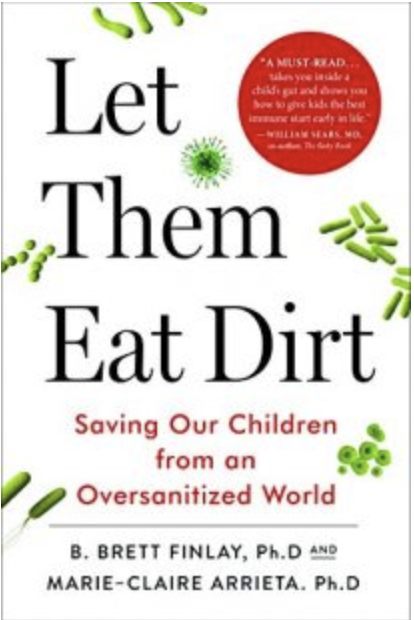
Let Them Eat Dirt by Brett Finlay (Professor, Michael Smith Labs) and Marie-Claire Arrieta (U of Calgary) argues that exposing children to a variety of microbes helps develop their immune systems, potentially preventing later disease. The book has been adapted into a documentary film. Professor Finlay has also recently released a new book co-authored with his daughter Dr. Jessica Finlay, The Whole Body Microbiome.
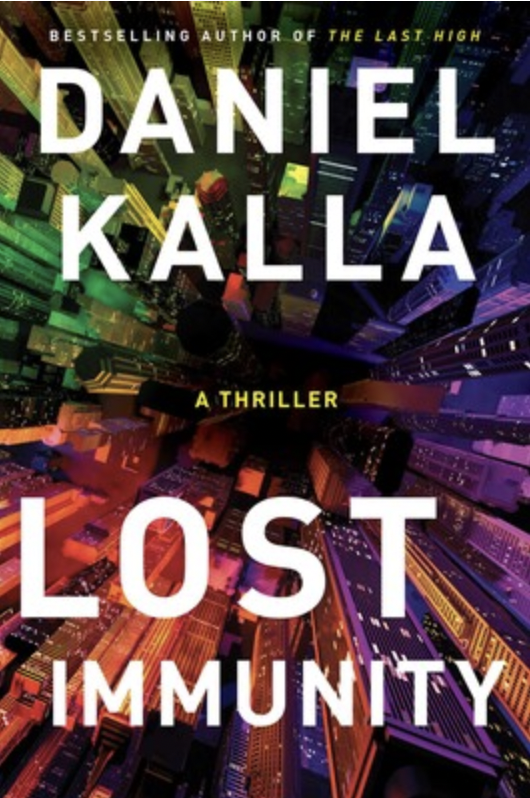
Lost Immunity by Daniel Kalla (Clinical Associate Professor, Emergency Medicine) is a thriller about a pandemic and its controversial vaccine. Dr. Kalla has written 14 novels, often centred on medical themes such as epidemics, the overdose crisis, fitness culture, and depression. He also works as an emergency physician.
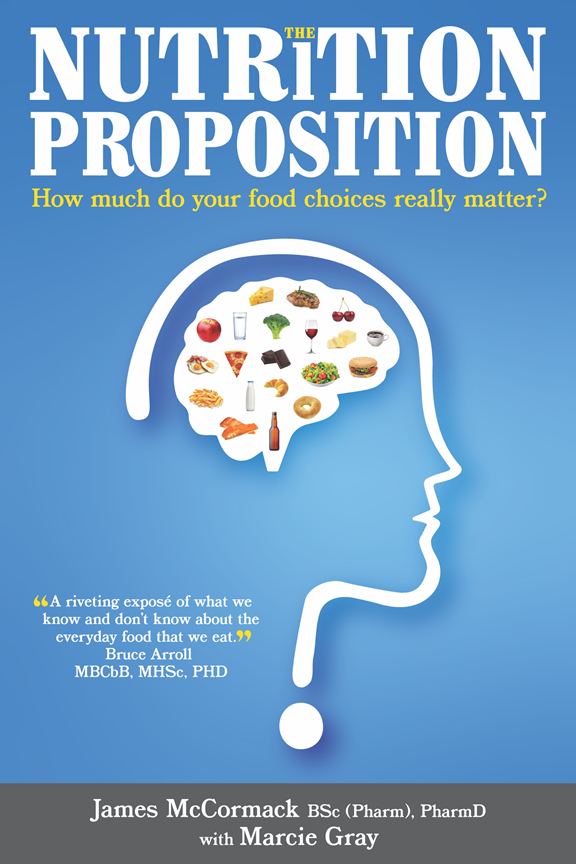
The Nutrition Proposition by James McCormack (Professor, Pharmaceutical Sciences) and Marcie Gray reviews the evidence and controversies about diet in an entertaining and easy to understand way. The happy takeaway is that how we eat has only a modest impact on our health, despite a deluge of alarming news stories and fad diets. Learn more on the book’s regularly updated companion website.
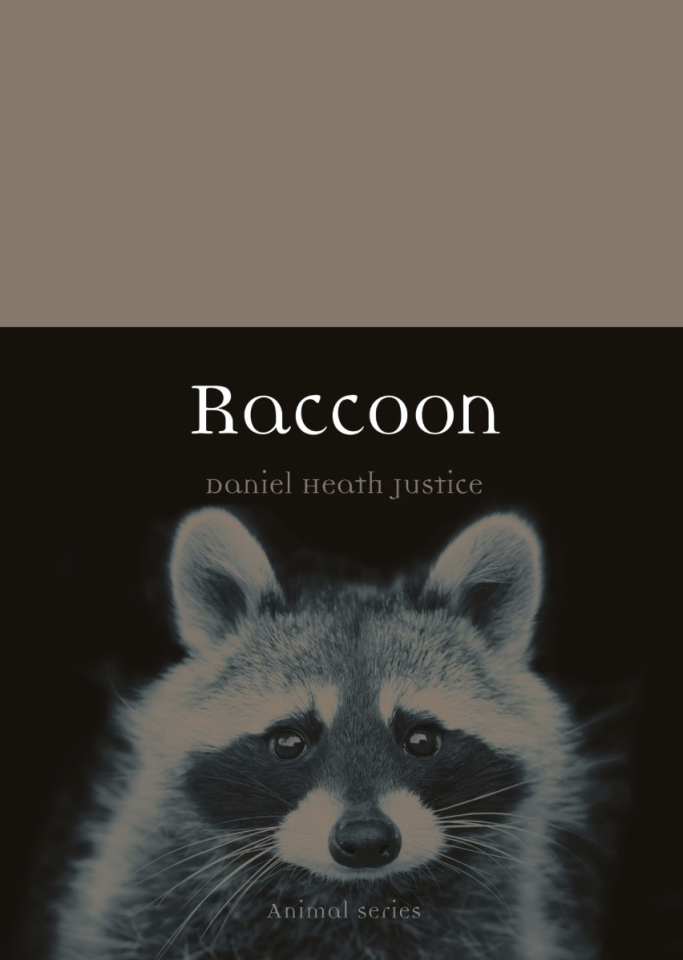
Raccoon by Daniel Heath Justice (Professor, English and Critical Indigenous Studies) gives a delightful overview of the natural history and cultural significance of these ubiquitous creatures. You may also enjoy Dr. Justice’s other book in this series, Badger; as well as Kingfisher by Ildiko Szabo (Collections Curator of the Cowan Tetrapod Collection, Beaty Biodiversity Museum) and Polar Bear by Margery Fee (UBC English Professor Emerita).
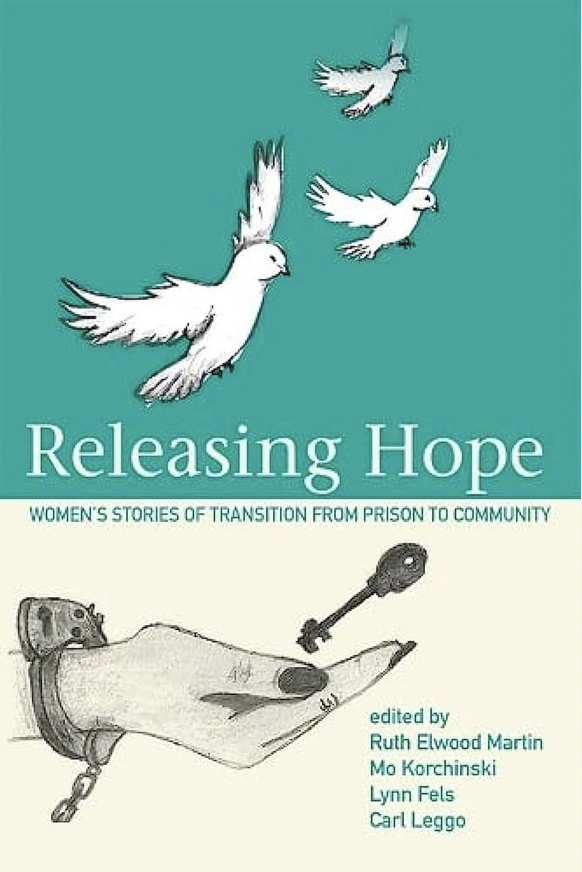
Releasing Hope, edited by Ruth Elwood Martin (Clinical Faculty, Population and Public Health) and others, builds on the earlier book Arresting Hope. The first book shared the experiences of women incarcerated in the Alouette Correctional Centre for Women from 2005-2007, and their involvement in health research. Releasing Hope follows up on the women including the challenges they faced after release, and the participatory health research network they created to help others.
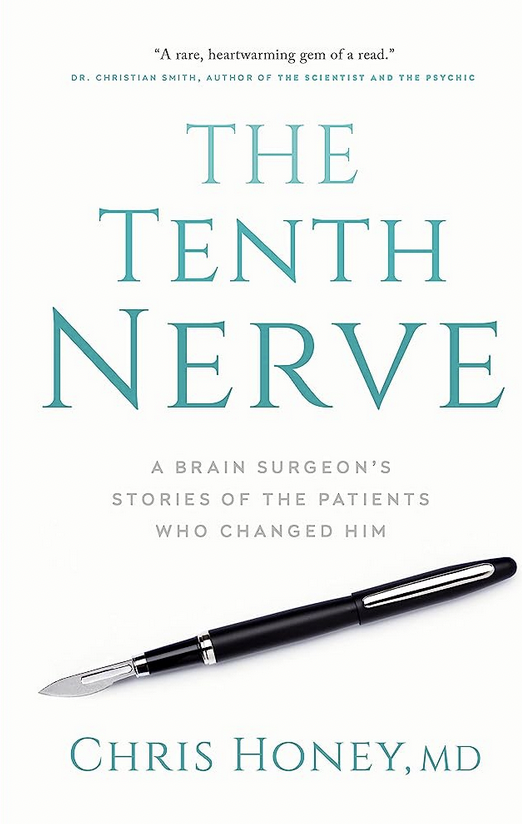
In The Tenth Nerve, Chris Honey (Professor and Head, Division of Neurosurgery) tells the stories of seven patients who changed his life. Alongside these poignant stories, Dr. Honey provides a history of the discipline of neurosurgery. The title refers to the vagus nerve; Dr. Honey and his team discovered two new conditions affecting this nerve, HELPS syndrome and VANCOUVER syndrome.
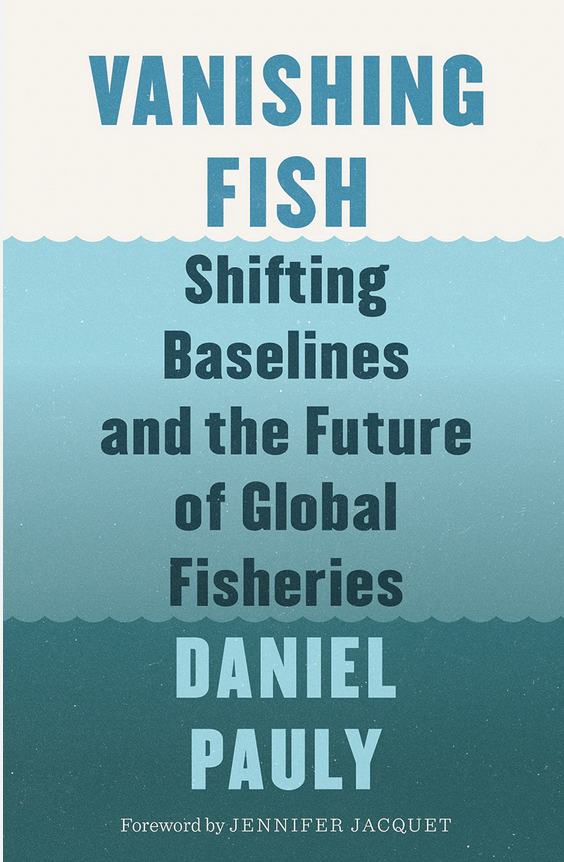
Vanishing Fish by Daniel Pauly (Professor, Institute for the Oceans and Fisheries, Zoology) explains the crisis facing the world’s fisheries and offers potential solutions. Dr. Pauly’s engaging writing style is reflected in chapter titles like “Aquacolypse Now” and “Having to Science the Hell Out of It.” To learn more about fish, check out the online encyclopedia Dr. Pauly co-founded, FishBase.
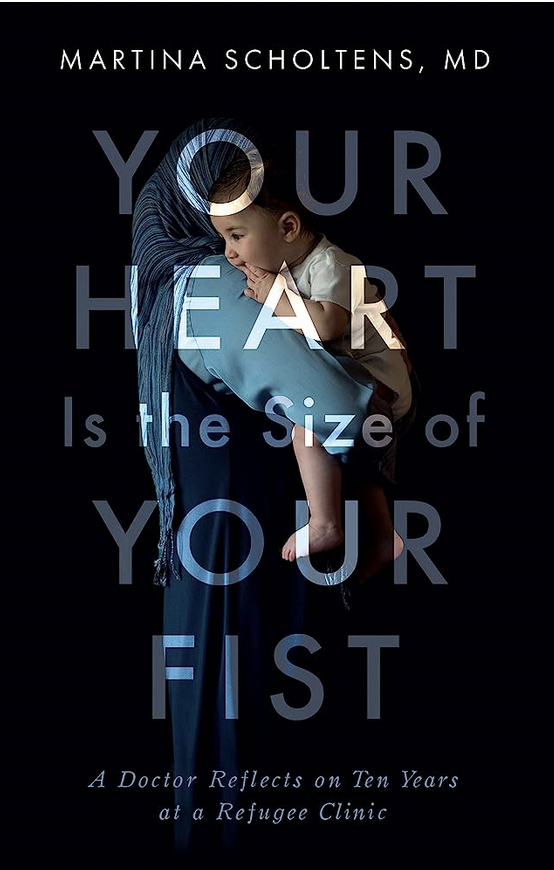
Your Heart is the Size of Your Fist recounts the experiences of a family doctor in a Vancouver refugee clinic over the course of a decade. Author Martina Scholtens has since changed careers from family medicine, and recently completed a psychiatry residency at UBC. She also created the Pacific Bibliotherapy website for psychiatry patients and families to find trustworthy self-help resources.